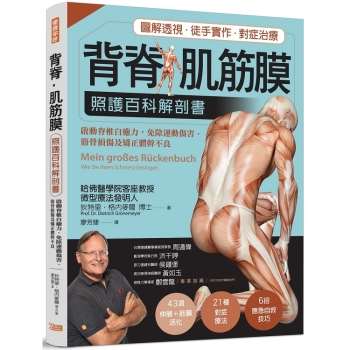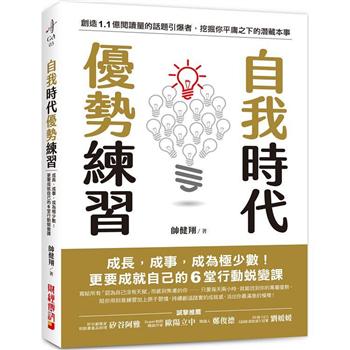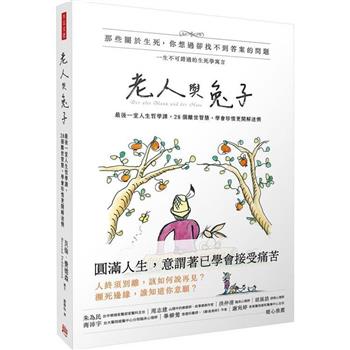While our current culture places a divide between religion and medicine, in some cultures, the healer and the religious leader were the same. The phrase "physician of souls" is a connective term that links those who primarily tend the physical bodies of the suffering to those who primarily tend the emotions or the psyche or the soul. Through teamwork between various types of caregivers, the interconnection of body-mind-soul becomes more apparent. Jeanne Stevenson-Moessner aims to retrieve, expand, and apply the term for religious leaders and theologians in their response to pain, illness, moral injury, soul-wounding, and crisis.
Stevenson-Moessner develops a credo based on John Chrysostom’s approach to healing, emphasizing the interconnection of body-mind-soul-culture, resistance to exploitation and degradation, and the importance of community in the healing process. The author advocates for a more prominent role for religious professionals such as chaplains in the healing process, emphasizing their unique ability to represent the faith tradition of the patient and, in the Christian tradition, act as an emissary of Christ the Healer. Finally, the book discusses healing using every means of cure, including both medical and religious rituals, as well as alternative and holistic approaches.
The book seeks to revive the concept of "physician of souls" and apply it in modern times to promote healing and well-being on an individual, communal, and societal level. By emphasizing the importance of a holistic approach to healing, Physician of Souls aims to bridge the gap between the medical and religious professions and promote a more integrated approach to healthcare.

 看圖書介紹
看圖書介紹










